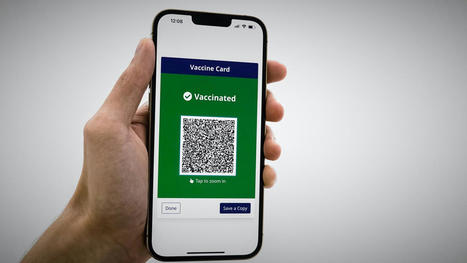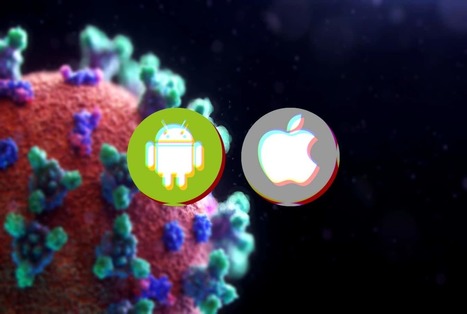This is a classic identification problem, and efficacy depends on two things: false positives and false negatives.
False positives: Any app will have a precise definition of a contact: let's say it's less than six feet for more than ten minutes. The false positive rate is the percentage of contacts that don't result in transmissions. This will be because of several reasons. One, the app's location and proximity systems -- based on GPS and Bluetooth -- just aren't accurate enough to capture every contact. Two, the app won't be aware of any extenuating circumstances, like walls or partitions. And three, not every contact results in transmission; the disease has some transmission rate that's less than 100% (and I don't know what that is).
False negatives: This is the rate the app fails to register a contact when an infection occurs. This also will be because of several reasons. One, errors in the app's location and proximity systems. Two, transmissions that occur from people who don't have the app (even Singapore didn't get above a 20% adoption rate for the app). And three, not every transmission is a result of that precisely defined contact -- the virus sometimes travels further.
Assume you take the app out grocery shopping with you and it subsequently alerts you of a contact. What should you do? It's not accurate enough for you to quarantine yourself for two weeks. And without ubiquitous, cheap, fast, and accurate testing, you can't confirm the app's diagnosis. So the alert is useless.
Learn more / En savoir plus / Mehr erfahren:
https://www.scoop.it/t/securite-pc-et-internet/?&tag=Bluetooth
https://www.scoop.it/topic/securite-pc-et-internet/?&tag=SweynTooth
https://www.scoop.it/topic/securite-pc-et-internet/?&tag=Contact+tracing



 Your new post is loading...
Your new post is loading...













Roughly two-thirds of test digital vaccination applications commonly used today as safe passes and travel passports exhibit behavior that may put users' privacy at risk.
The risks are substantial as these apps are required for large populations worldwide, allowing hackers an extensive target base.
Digital passports
Digital passport apps store proof of a person's COVID-19 vaccination status, full name, ID number, date of birth, and other personally identifiable information (PII) encoded in a QR code or displayed directly in the app.
Learn more / En savoir plus / Mehr erfahren:
https://www.scoop.it/t/securite-pc-et-internet/?&tag=Privacy
Learn more / En savoir plus / Mehr erfahren:
https://www.scoop.it/topic/securite-pc-et-internet/?&tag=Coronavirus